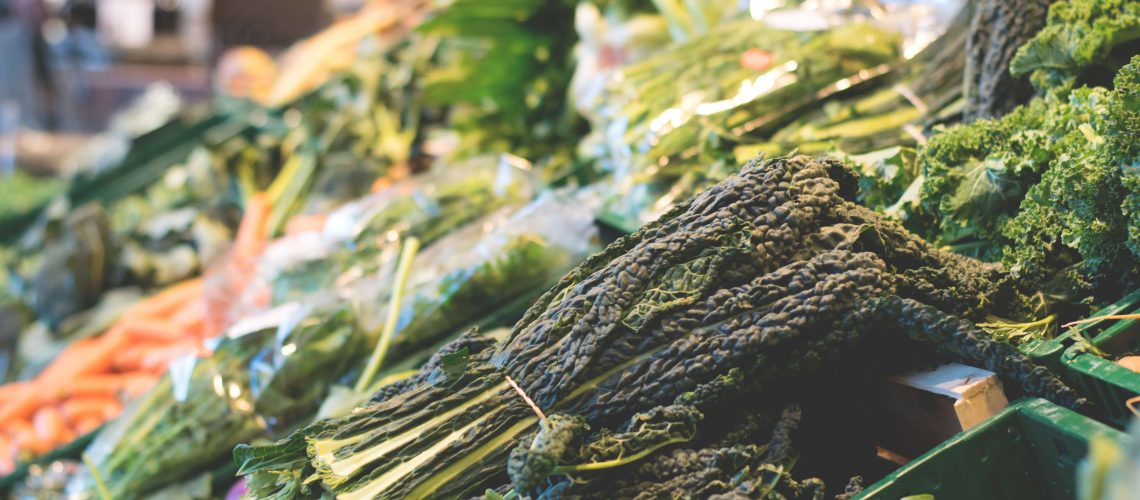Earlier this week we talked about healthy buzzwords that are being used (click here to see it). This post will explore one such buzzword: organic. In a world where additives are used in most food production, many people find going ‘all-natural’ the way to go. Read on to figure out what ‘all-natural’ actually means and if it actually is better than the normal process.
The Macquarie Dictionary defines organic as ‘of or relating to farming, and the produce of such farming, which does not use chemical fertilisers or pesticides’. Many people find this very encouraging. What’s not to love about not consuming pesticides? As my mother so aptly puts it, ‘Why would I want to eat something that kills insects?’
The National Association for Sustainable Agriculture, Australia (NASAA) check whether a product is organic. Although you can have your product labelled in that way, only NASAA’s seal means you truly meet the standards. For example, processed organic food usually contains only natural ingredients. If there are any processed ingredients present, at least 95% of the food’s total plant and animal ingredients must be organic.
But is organic that important?
But from scientific perspective, there is just not enough evidence to support the claim that organic food is safer or healthier than conventionally grown food. In terms of safety, most articles did not study direct human health outcomes. While health, there is no current evidence that supports any meaningful nutritional benefits or deficits from eating organic compared with conventionally grown foods. There are also no well-powered human studies that demonstrate health benefits as a result of consuming than the all-natural diet.
Do you need to consider the move to organic? Or do you need to see whether you are labelling your product correctly?
If you would like more information on this topic or get the source URL for this article, then email us at [email protected]
